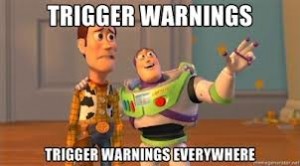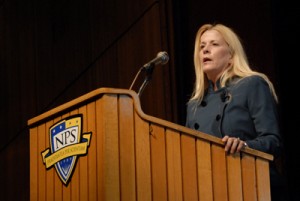Man, there are a lot of hurt feelings out there lately. In my industry, they call it security drama. But it goes way beyond that. Post your political and religious beliefs and someone is quick to tear you apart.
I’m not going to summarize the latest examples. A lot of Facebook and Twitter streams are already clogged with all that snot. Instead, I’m going to tell you the behavioral code I try to live by when blogging and using social media.
Mood music:
When I blog, I opine forcefully. I make no apologies and I don’t back down. After 20-plus years in journalism — 11 of it focused on information security — I know that if I make a forceful argument, as many people will disagree with me as those who agree. This is especially true if the topic is religion or politics. I also know that I’m going to get it wrong once in awhile, since opinions usually come about as a story is unfolding, before all the facts are in place. I also know that I’m going to offend people once in a while without meaning to.
With all this in mind:
- I go out of my way not to insult people with name calling. This wasn’t always the case, but over time I realized nothing good comes of it.
- When people take issue with something I write, I don’t respond. I used to but decided that doing so isn’t much different from whining. And since I’ve already made my case in a post, I see no reason to repeat myself. If someone is critical of what I say, I let the comment stand. Everyone is entitled to their point of view. And if someone is an asshole, that’s all the more reason not to respond. Engaging assholes is pointless, because their agenda isn’t to have a constructive discussion in the first place.
- When I realize I was wrong about something, I promptly admit it.
- If I post something that triggers traumatic memories for someone, I’ll take the post off of Facebook. Some folks will complain that we’ve become too politically correct and that we can’t worry about the few who complain. But that’s not the point. My agenda is to share an experience or belief — never to do someone harm. Some folks will claim they’ve been triggered over something and will never look at my writing for what it is. When that’s the case, I tell them to unfriend me. If we’re not connected, you won’t see my posts. Problem solved.
- If I wade into what people see as drama in my industry, it’s because I think I can bring some people to the middle ground. Increasingly, though, I stay away from that. When passions reach critical mass, injecting reason becomes impossible.
- Even when writing about unhappy experiences, I try to point out the positives. My father’s final weeks were painful, but I got to spend a lot of time with him and make sure nothing was left unsaid. Sad periods have their beauty, too.
If you think these examples are helpful to you, I’m glad. If not, that’s fine, too. I’m telling you what I do, not what I think you should do.





